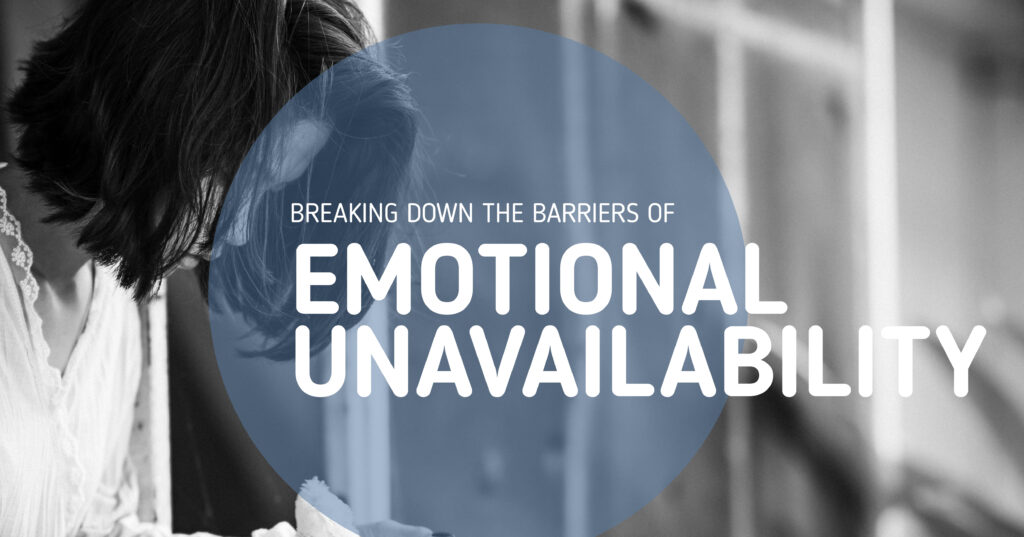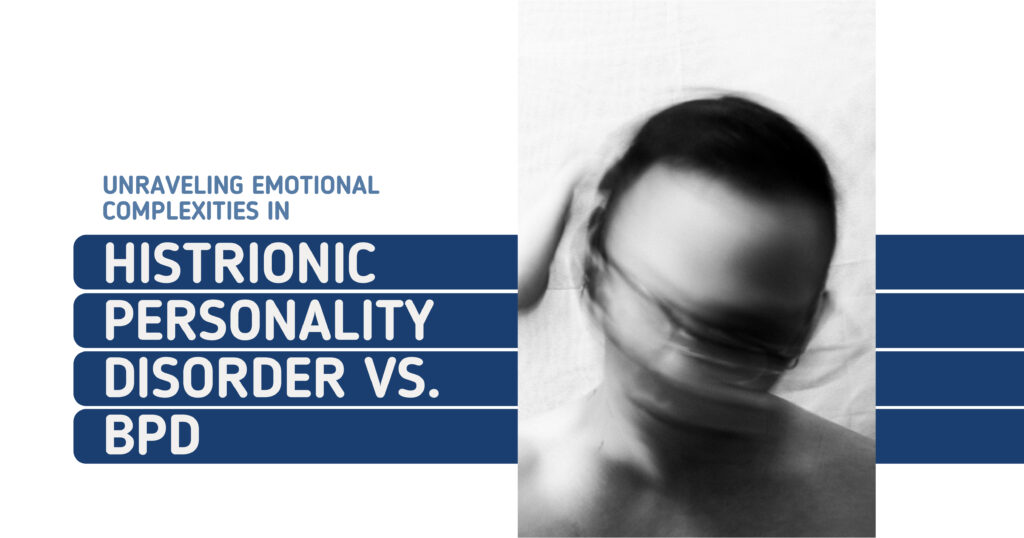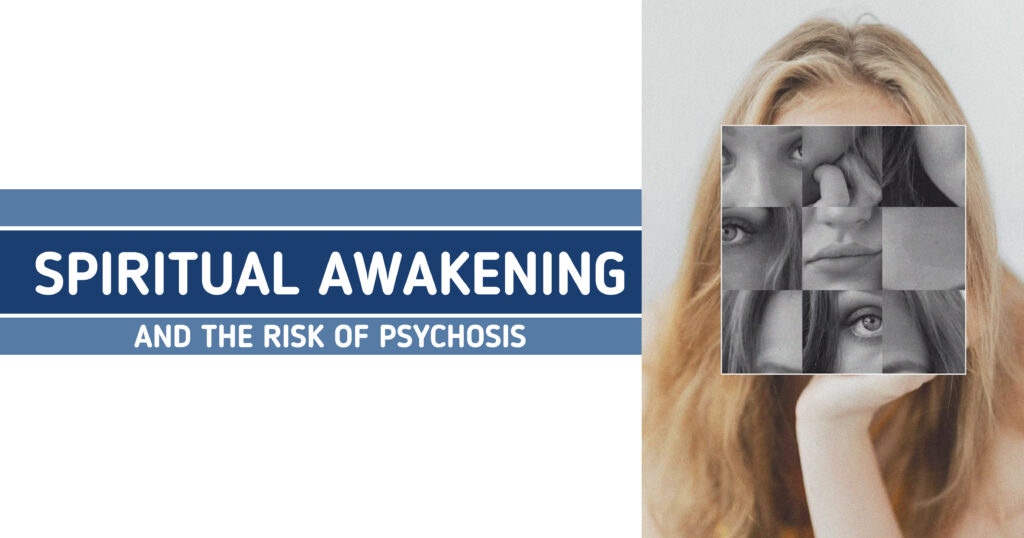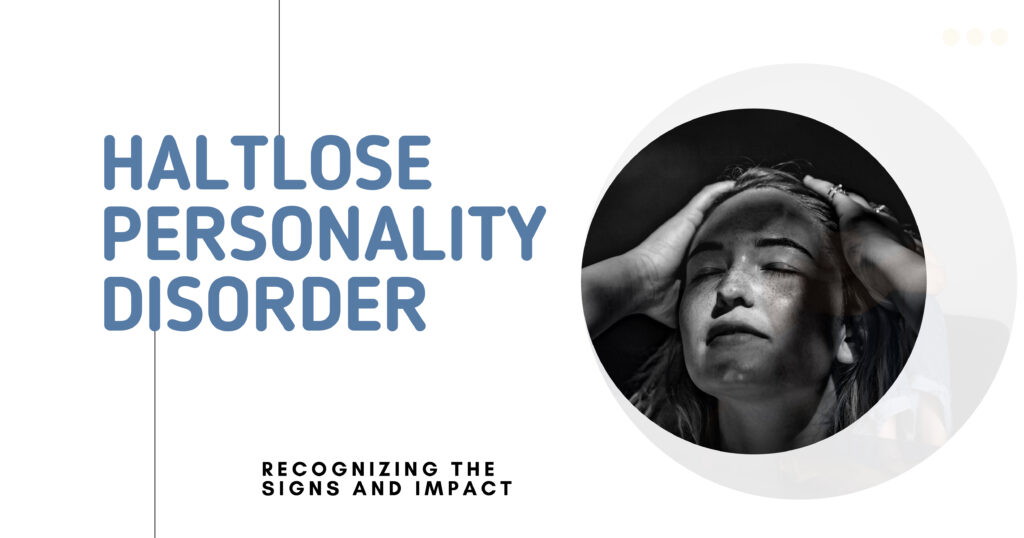Emotional connection is the cornerstone of healthy, thriving relationships. Yet, many people find themselves struggling with partners or even their own tendencies toward emotional unavailability. Whether it’s feeling perpetually distant or dealing with someone who’s aloof, unresponsive, or detached, emotional unavailability can create invisible walls that block intimacy, understanding, and genuine connection.
Understanding the meaning of emotional unavailability and how it plays out in everyday life is the first step in breaking down those walls. In this post, we’ll explore what emotional unavailability really means, how to recognize it, and strategies for building a stronger emotional foundation for yourself and those around you.
What Does It Mean to Be Emotionally Unavailable?
To be emotionally unavailable means having difficulty forming or maintaining close emotional connections with others. This unavailability isn’t always obvious it can be masked by charm, humor, or even intense physical attraction. But at its core, emotional unavailability is a protective mechanism, often developed over time, that prevents people from fully engaging in emotional intimacy.
Emotionally unavailable individuals may appear detached, reserved, or noncommittal, even in long-term relationships. They often struggle to express feelings, avoid vulnerability, or shut down when conversations get too deep. This makes it difficult to foster open, honest communication and mutual support, which are key ingredients for any healthy relationship.
San Diego Mental Health
Recognizing Emotional Detachment in Daily Life
Spotting emotional unavailability can be challenging, especially in relationships where the emotional distance has become normalized. It’s not just about ignoring texts or avoiding deep conversations – it’s a consistent pattern of emotional avoidance.
Distant, Unresponsive, and Detached Behavior
Some telltale signs include:
- Frequently avoiding emotional topics or deflecting with humor or sarcasm
- Rarely expressing or discussing feelings, especially those related to vulnerability.
- Seeming indifferent to important milestones or emotional events.
- Pulling away during conflict instead of working through it.
- Being physically present but emotionally absent.
- Avoiding long-term plans or commitment.
- Reacting to emotional expressions with discomfort or detachment.
These behaviors can be confusing and painful for their partners, often leaving them feeling withdrawn, unheard, or emotionally starved.
Aloof and Withdrawn: The Impact on Relationships
When one partner is emotionally unavailable, the entire relationship dynamic shifts. Emotional unavailability creates an imbalance in emotional labor, where one partner is constantly trying to connect while the other remains guarded.

Emotional Consequences for Both Partners
For the emotionally available partner, the result is often frustration, sadness, and confusion. They may start to feel like they’re “too much” or that their needs are a burden. The emotionally unavailable partner, on the other hand, may feel overwhelmed or pressured, reinforcing their need to shut down.
Over time, this cycle can erode intimacy and trust. The emotionally available partner may withdraw as a self-protection mechanism, leading to further distance. Without intervention or open communication, these patterns often lead to emotional burnout or the end of the relationship entirely.
Understanding the Root Causes of Emotional Unavailability
Emotional unavailability doesn’t develop overnight. It’s often the result of complex psychological and emotional experiences.
Why Some People Remain Noncommittal or Indifferent
Some common causes include:
- Childhood Trauma or Neglect. Early experiences with emotionally distant caregivers can teach a child that vulnerability is unsafe.
- Fear of Abandonment or Rejection. The belief that closeness leads to pain may cause someone to keep others at arm’s length.
- Attachment Styles. Avoidant attachment, a style formed in childhood, often leads to discomfort with emotional intimacy.
- Previous Toxic or Abusive Relationships. Emotional walls are sometimes built as self-preservation after painful experiences.
- Mental Health Conditions. Depression, anxiety, or PTSD can make emotional engagement feel overwhelming or unsafe.
According to PsychologyToday, avoidantly attached individuals may deeply desire closeness but simultaneously fear the vulnerability it requires.
Understanding the root of this behavior is critical. Emotional unavailability isn’t always a conscious choice; it’s often a coping strategy deeply rooted in fear or trauma.
Living With a Reserved or Withdrawn Partner
Being in a relationship with someone emotionally unavailable can feel like constantly knocking on a door that never opens. You may feel lonely even when you’re not alone, or question your worth because your emotional needs go unmet.
But it’s important to remember – emotional unavailability isn’t always about you. Many emotionally distant individuals want connection; they just don’t know how to bridge the gap.
Patience, empathy, and honest conversations are key. Set clear boundaries about your emotional needs and give your partner the opportunity to meet them. However, it’s also essential to protect your well-being. If you find yourself consistently feeling dismissed or hurt, it may be time to re-evaluate the relationship’s emotional health.
Strategies to Break Through Emotional Barriers
While emotional availability can’t be forced, it can be gently encouraged – especially when both people are open to growth.
San Diego Mental Health
Encouraging Connection Without Pressure
Here are a few strategies to foster emotional intimacy:
- Create A Safe Emotional Space. Ensure your partner knows they can share without fear of judgment or punishment.
- Lead By Example. Share your own thoughts and feelings to model vulnerability.
- Use “I” Statements. Frame your emotional needs around your experiences, not their failures.
- Stay Consistent And Calm. Reacting with anger can reinforce their emotional withdrawal.
- Encourage Therapy Or Support Groups. Professional help can be a transformative tool for opening up.
You might also consider using resources like the Gottman Institute’s relationship blog, which offers tools backed by research to strengthen emotional connection.
When and Why to Seek Professional Help
If emotional unavailability becomes a consistent barrier to growth and intimacy, therapy can provide a path forward. A licensed mental health professional can help individuals explore the roots of their emotional blocks, build communication skills, and learn how to manage discomfort around vulnerability.
Couples therapy can also offer a neutral space for both partners to express their needs and work toward a deeper understanding. It’s especially effective when both parties are willing to put in the effort.
No one deserves to feel emotionally isolated in their relationship. With the right tools and support, emotional unavailability can be addressed, and stronger connections can be built.
Take the First Step Toward Emotional Healing
If you or a loved one is struggling with emotional unavailability, whether in yourself or someone close to you, know that you’re not alone. Support is available, and change is possible. Reach out to the compassionate team at the Mental Health Center of San Diego to begin the journey toward deeper emotional wellness and stronger, more fulfilling relationships.

FAQs
What are the common signs of emotionally detached behavior in relationships?
Common signs include avoiding emotional conversations, showing little empathy, reacting coldly during emotional moments, or appearing indifferent to emotional needs.
How can I tell if my partner is distant and unresponsive due to emotional unavailability?
If your partner consistently avoids vulnerability, has difficulty committing, or minimizes your emotional concerns, they may be emotionally unavailable.
What effects does aloofness and withdrawal have on a relationship?
It can create a deep emotional rift, lead to unmet emotional needs, and foster loneliness or resentment in the emotionally available partner.
What are some reasons why someone might exhibit noncommittal and indifferent behavior?
This behavior can stem from past trauma, fear of intimacy, avoidant attachment styles, or unresolved emotional pain.
San Diego Mental Health
How can I support a partner who seems reserved without pushing them away?
Practice empathy, communicate your needs gently, and encourage professional help. Avoid pressuring them, and prioritize emotional safety in your interactions.








